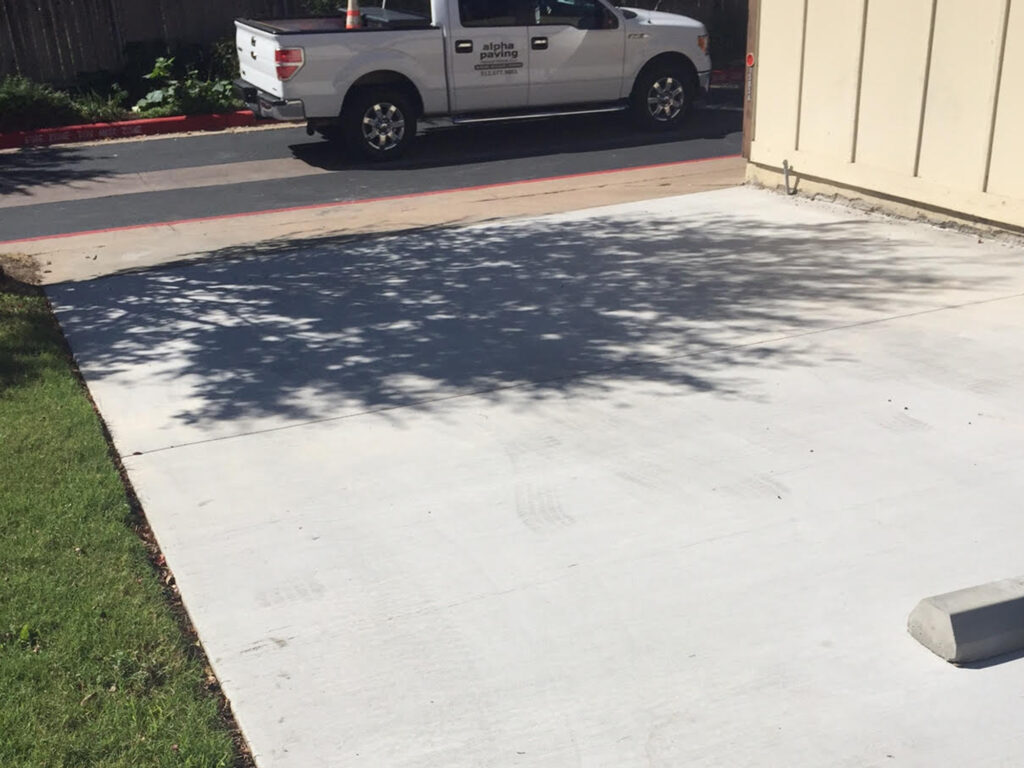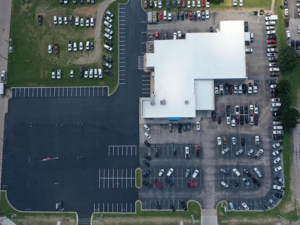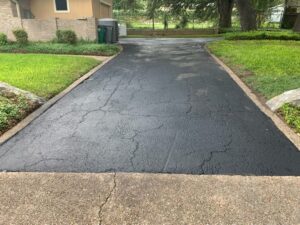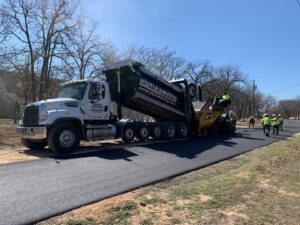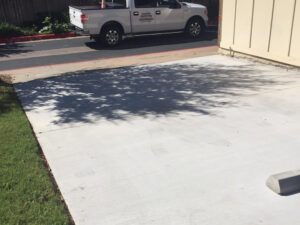 Green construction has become a hot topic in recent years. Engineers, architects and contractors are frequently asked whether a particular material is eco-friendly. One material that has come under intense scrutiny is concrete. Many people are confused over whether concrete is harmful to the environment or whether there are ways to ensure that concrete can be considered a green building material.
Green construction has become a hot topic in recent years. Engineers, architects and contractors are frequently asked whether a particular material is eco-friendly. One material that has come under intense scrutiny is concrete. Many people are confused over whether concrete is harmful to the environment or whether there are ways to ensure that concrete can be considered a green building material.
Can Concrete Be Eco-Friendly? – What Makes a Material Green
Experts do not agree on all of the aspects of a green material or how many aspects a material should possess before it earns the title. It should also be noted that there are different degrees of “greenness;” one material can be better for the environment than another although both materials have an ecological impact. As a rule, however, green materials have one or more of the following features.
• Produced using recycled or salvaged content
• Produced from renewable natural resources
• Produced using less of a particular ingredient that is not eco-friendly
• Are exceptionally durable
• Require little maintenance
• Production does not substantially impact air quality
• Toxins are not introduced into the soil, groundwater or air
• Manufacturing process requires low energy use
• Finished product can be recycled rather than placed in landfills
Where Concrete Has Traditionally Fallen Short
Traditional concrete contains water, gravel, sand and cement. All of the ingredients present some issues, but the cement has been the biggest challenge for green initiatives. Cement production requires a great deal of energy, and this energy is normally provided by fossil fuels. Traditionally, the carbon dioxide emissions from cement plants has earned manufacturers a spot among the top five producers of greenhouse gases worldwide. When you add in the carbon footprint for transporting sand, gravel and other aggregates from their sources to the cement plant as well as the relatively small amount of concrete that was recycled in the past, it is not difficult to see why concrete has historically not been very eco-friendly.
Concrete Manufacturers Are Working to Meet the Challenge
In recent years, the concrete industry has come up with some innovative ways to make their product more eco-friendly. One method is to incorporate more recycled aggregates in the production of new concrete. Another method is to use a dry-process kiln that dramatically reduces energy consumption when compared to concrete produced in a wet-process kiln.
However, one promising technique is to replace a high percentage of the cement used with other products.
• Fly ash, a coal combustion by-product, can replace 25 percent or more of the cement required to produce concrete the traditional way. Not too many years ago, nearly 75 percent of the fly ash produced was sent to landfills. Therefore, recycling fly ash to make new concrete helps the environment in more than one way.
• Slag obtained from the blast furnaces that are used in iron production can also be used to displace cement in concrete production. Slag is yet another by-product that can be given a new life through recycling.
• A thermoplastic produced from a by-product created when oil is refined is the latest substitute for cement in the production of concrete.
Therefore, although concrete has not always been considered eco-friendly, it is becoming more environmentally sound with each passing year.
If you would like to learn more about your choices for paving materials, contact the experts at Alpha Paving. Alpha Paving provides concrete and asphalt paving throughout Austin and Central Texas. We also offer pavement repairs, parking lot striping, sealcoating, road construction, street maintenance and many other paving-related services. We are known for delivering exceptional work and superior customer service at reasonable rates. We often provide our services to municipalities and counties, airports, churches, subdivisions, schools, shopping malls, HOAs, restaurants, retailers, industrial facilities, apartment complexes, health care facilities, office complexes and hotels. You can request a free quote by calling (512) 677-9001 or completing the online form.

